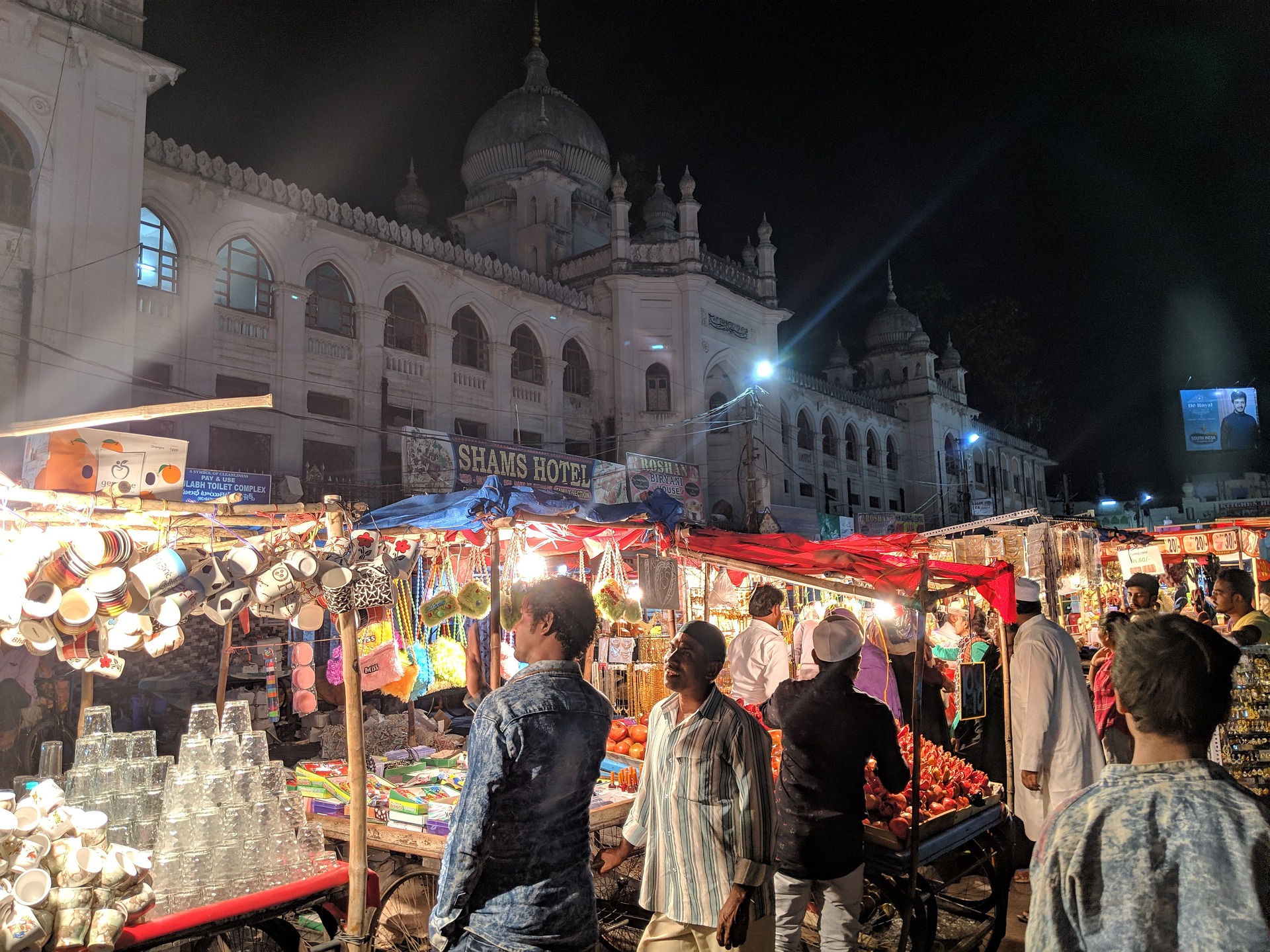Street Vendor

STREET VENDOR
Street vendors, also known as street sellers or street traders, sell goods or services in public spaces, typically on sidewalks, streets, or open-air markets. They are an integral part of urban economies worldwide and play a significant role in providing accessible and affordable goods to local communities.
Street vending is a form of informal economy where vendors operate without fixed business premises or formal contracts. They often sell various items, including food and beverages, clothing, accessories, crafts, electronics, household items, etc. In many cases, street vendors specialize in a specific type of product or cuisine, adding to the diversity of options available to consumers.
Street vending has a long history and can be found in various cultures and countries. Vendors may operate independently or in small groups, often setting up temporary stalls or using carts, tables, or mats to display merchandise. They rely on foot traffic and passersby for customers, utilizing their sales skills and marketing strategies to attract attention and make sales.
While street vending offers opportunities for entrepreneurship and self-employment, it also presents challenges and complexities. In some areas, local authorities may regulate street vending, requiring vendors to obtain permits or licenses to operate legally. Regulations can vary widely, ranging from strict enforcement and designated vending zones to more flexible approaches that accommodate the informal nature of street vending.
Street vending can contribute to the local economy by creating job opportunities and providing affordable goods and services, particularly in areas with limited formal employment options. It can also add vibrancy and cultural diversity to urban environments, as vendors often bring unique products and flavors to the streets.
However, street vending can also face challenges such as limited access to financial services, harassment from authorities, competition with established businesses, and inconsistent income due to weather conditions or fluctuations in customer demand. Efforts to regulate street vending need to balance supporting vendors' economic contributions while ensuring public safety, hygiene standards, and fair competition.
In recent years, there have been discussions and debates surrounding street vending, including efforts to formalize and integrate vendors into the urban fabric, providing them with better infrastructure, training, and support. The goal is to create a conducive environment that allows street vendors to thrive while addressing urban planning, public space management, and social inclusion concerns
